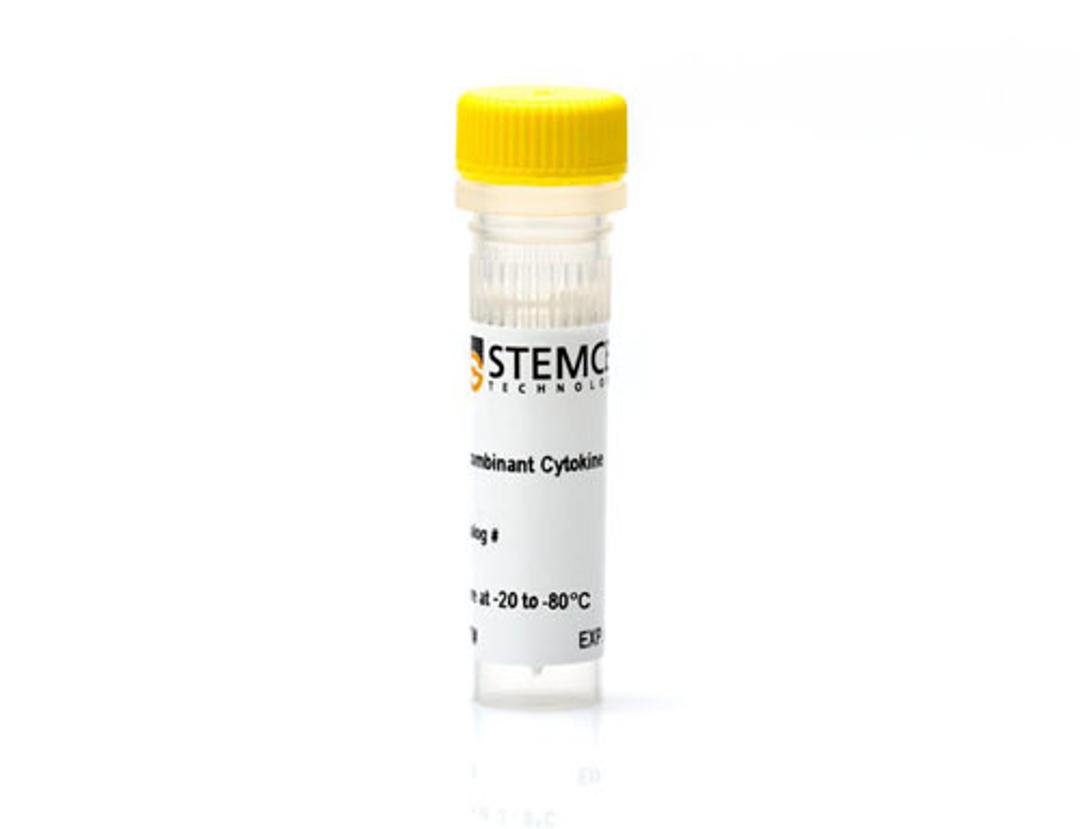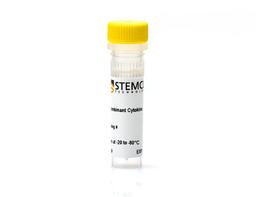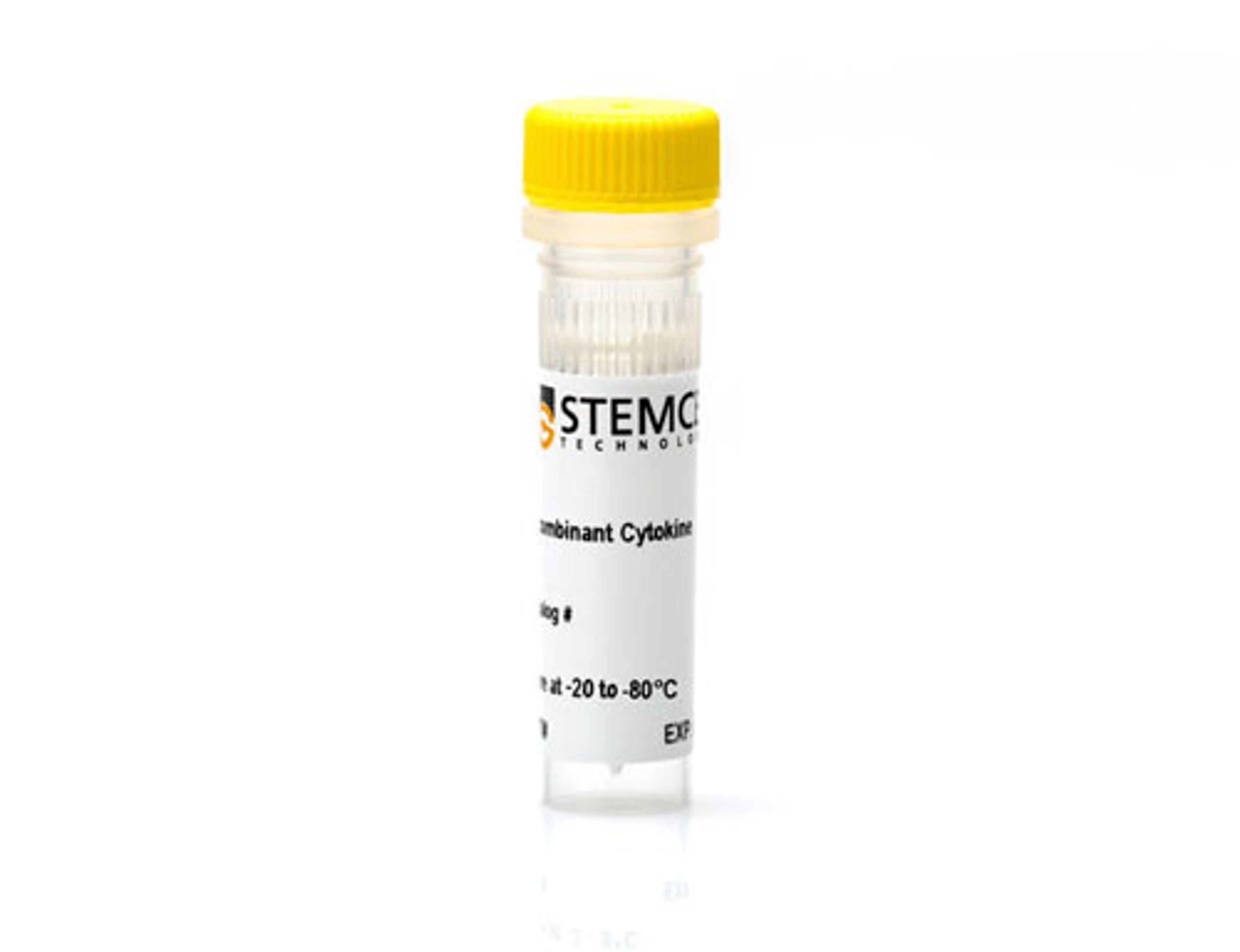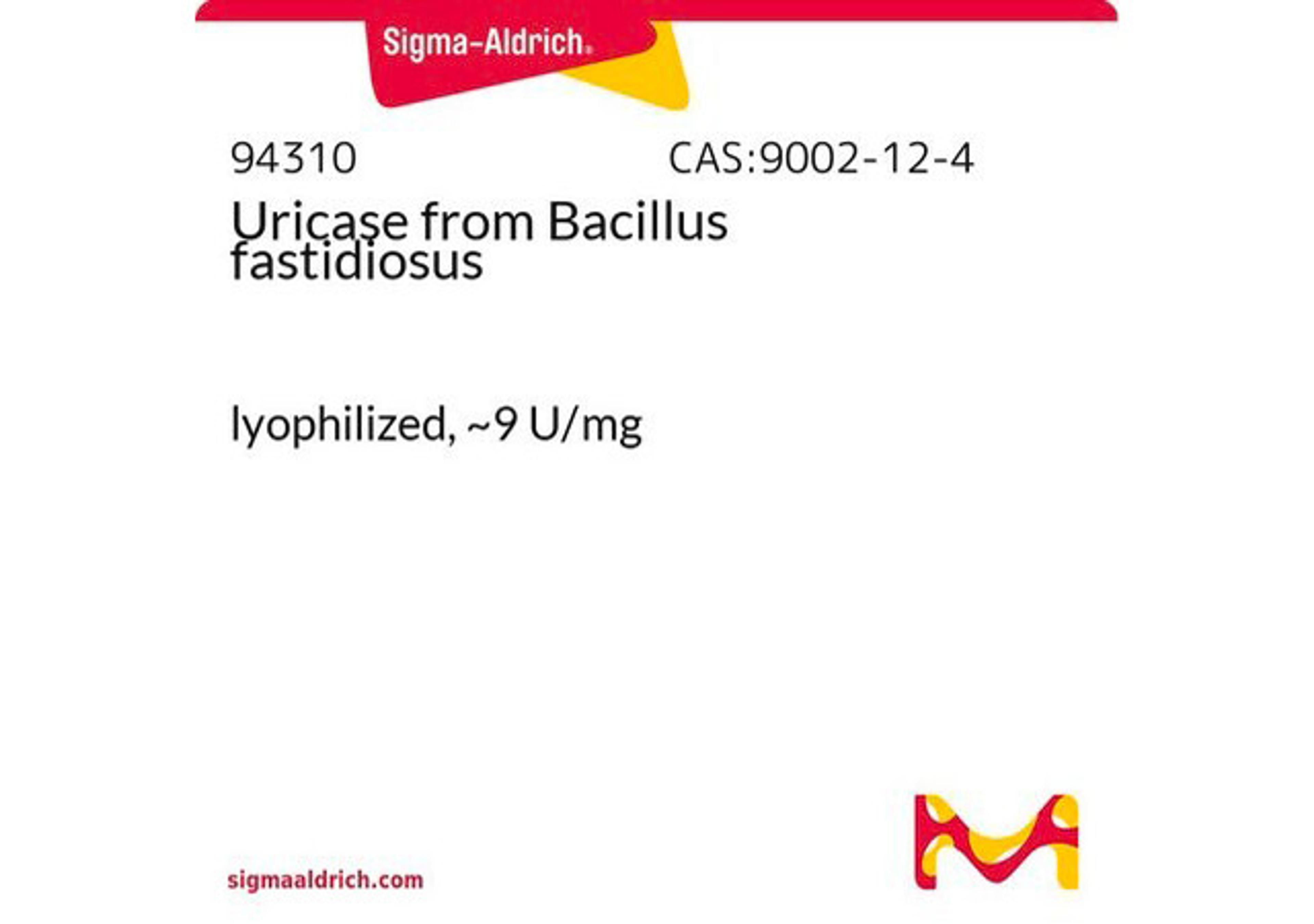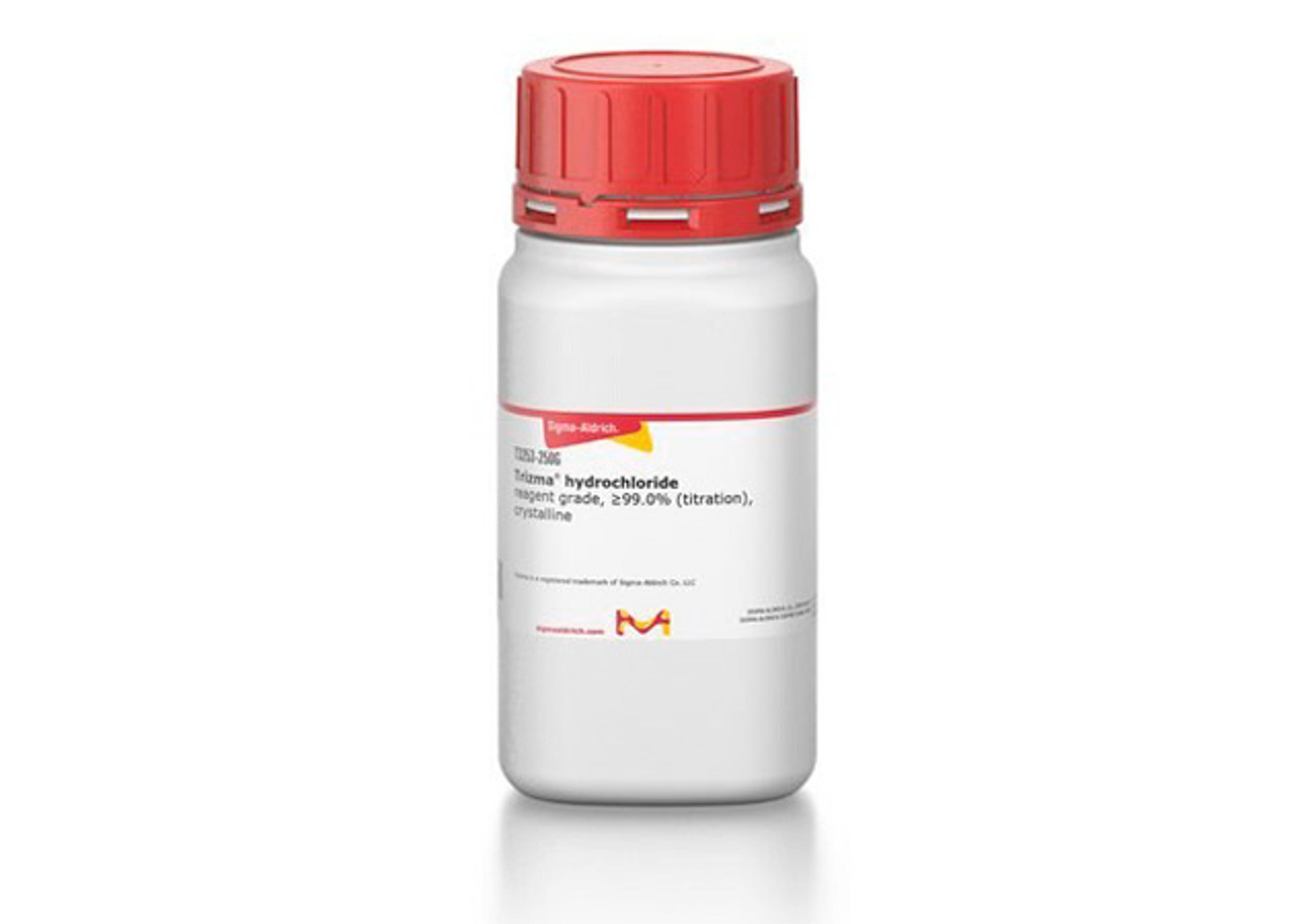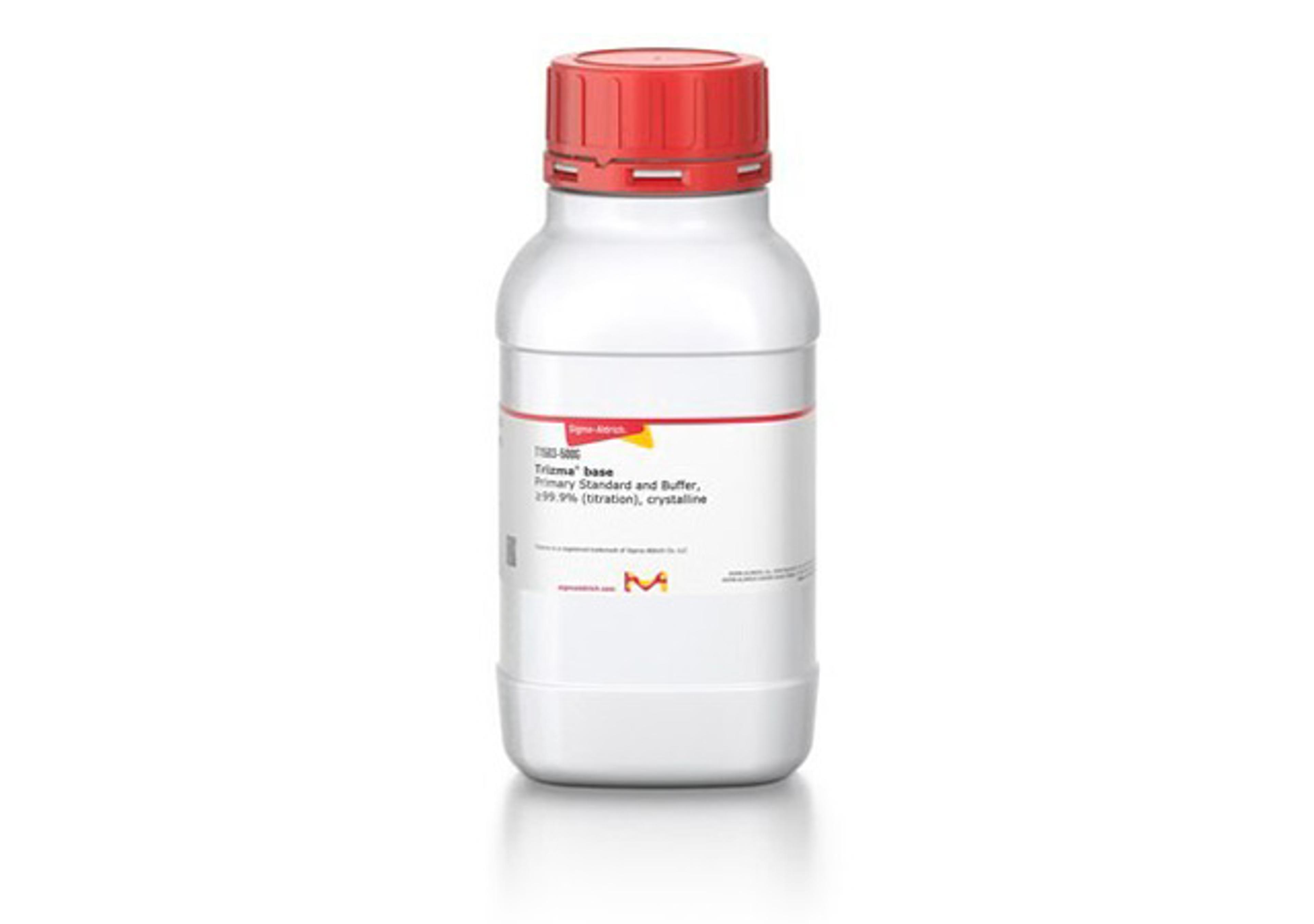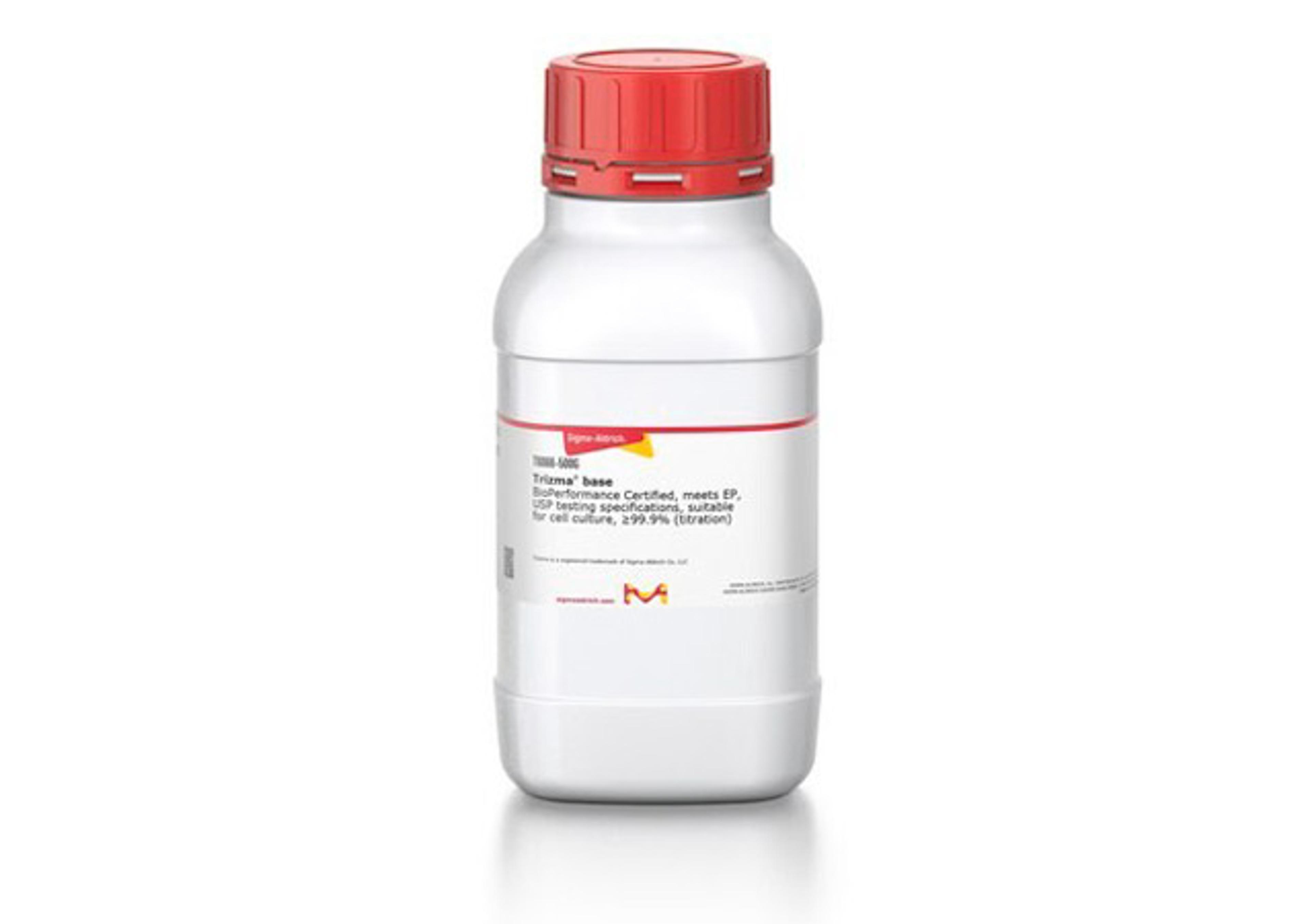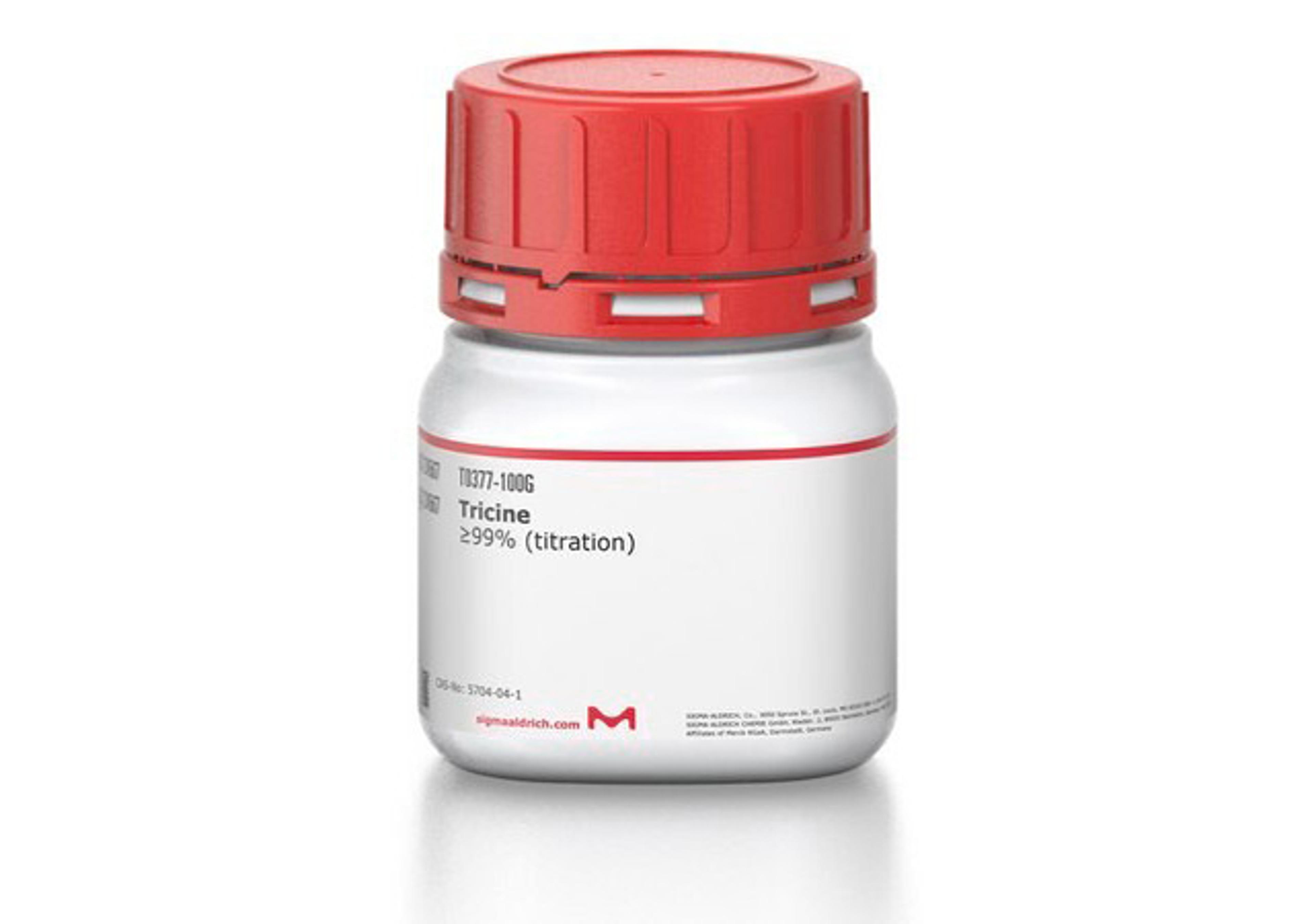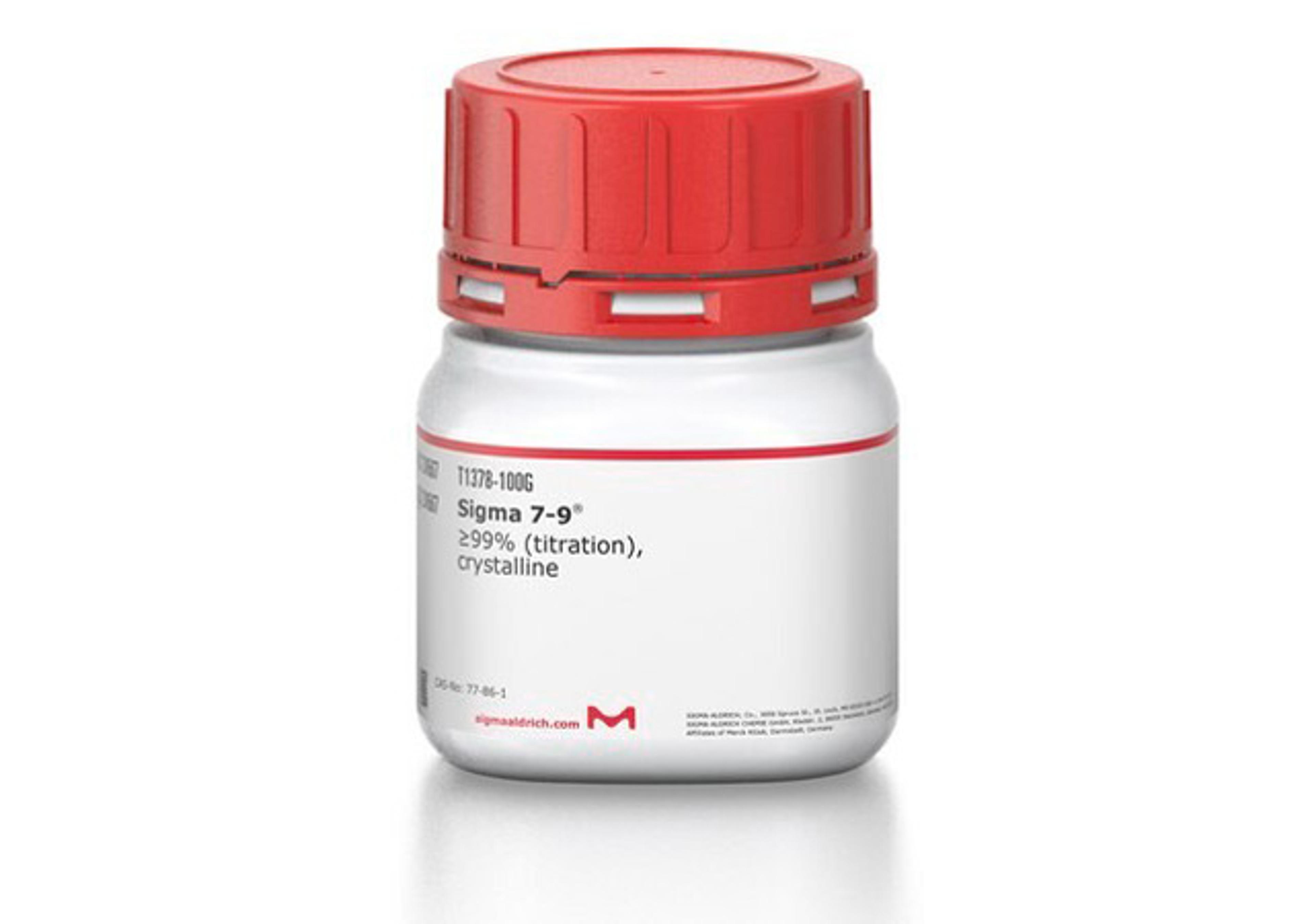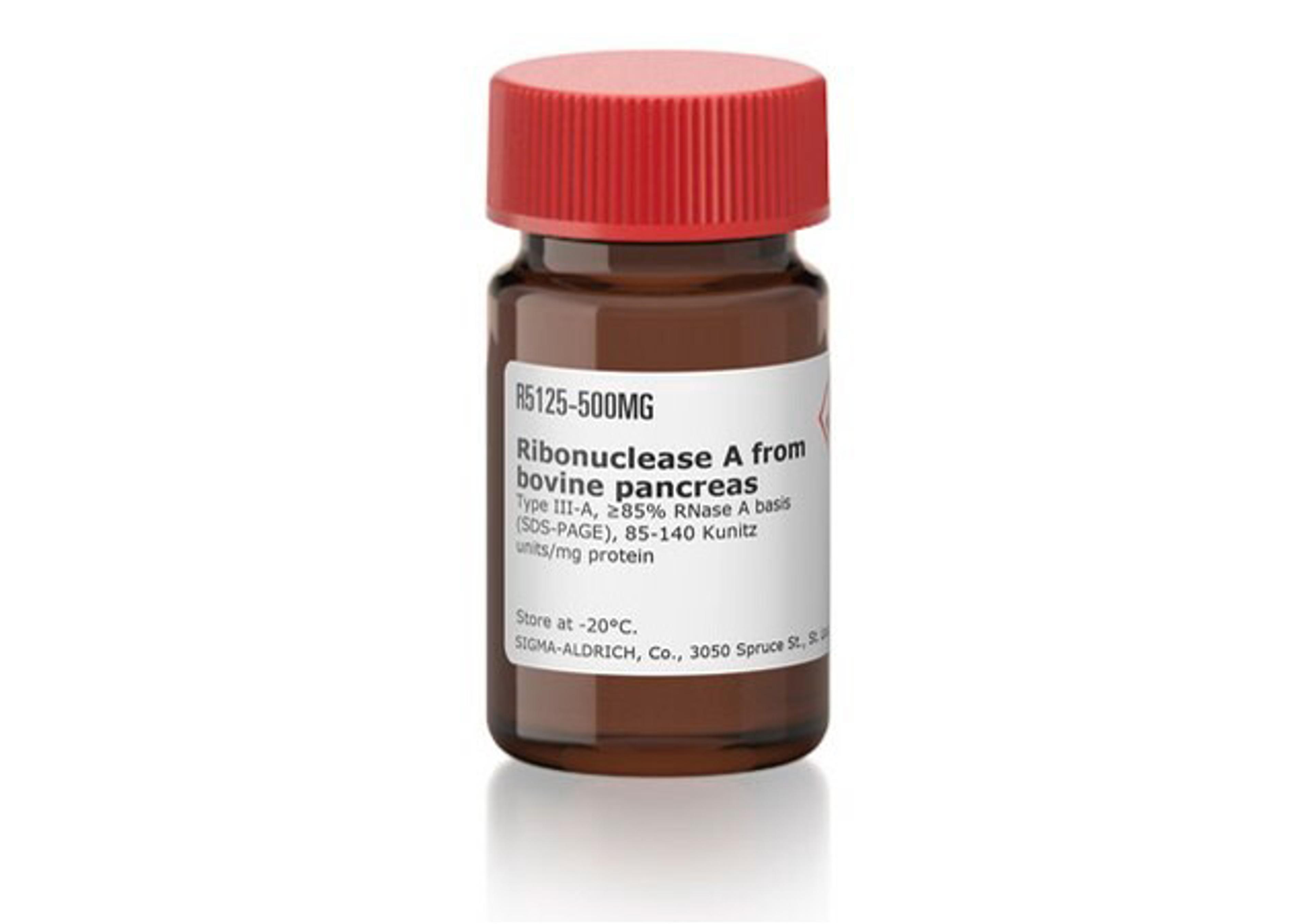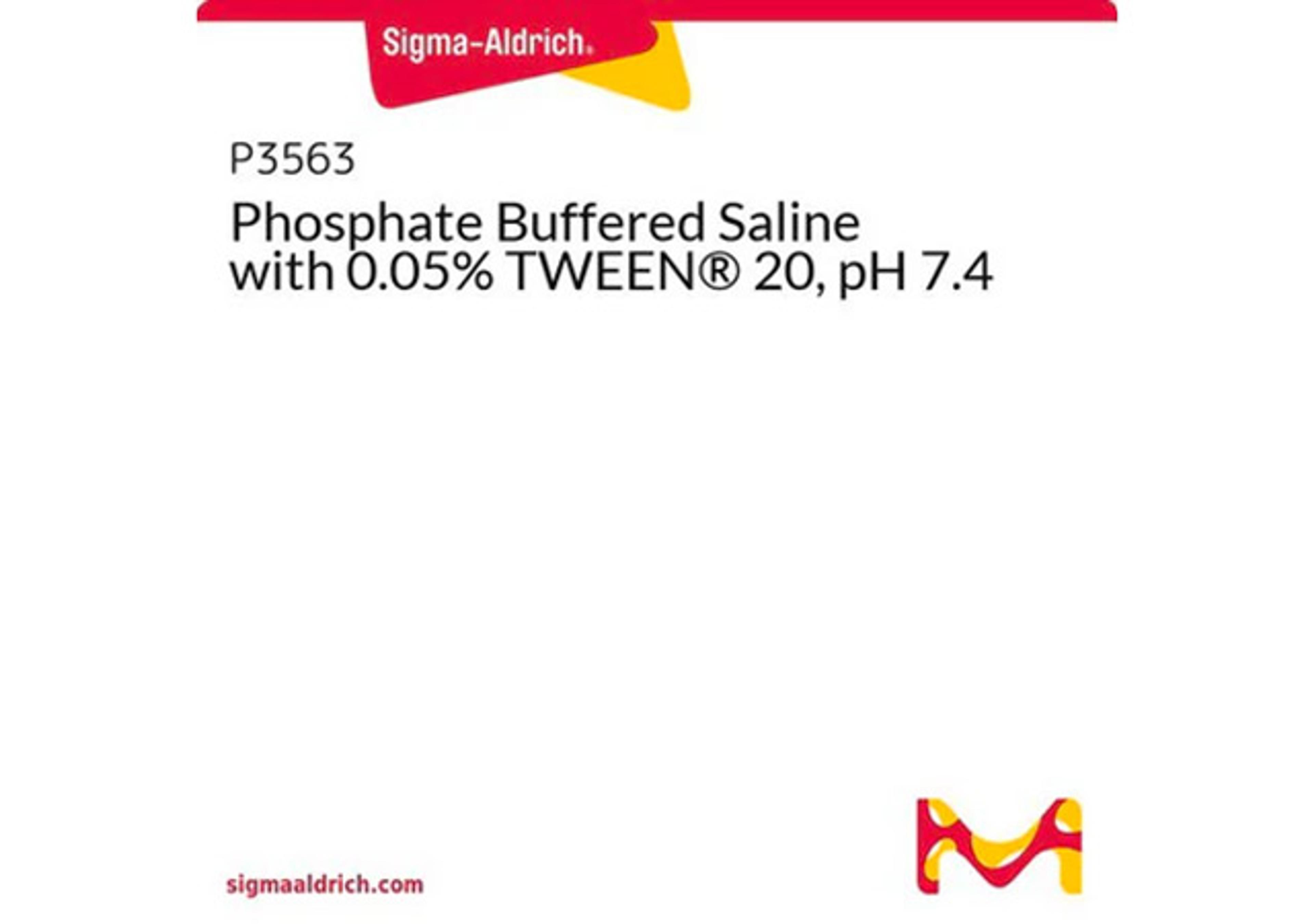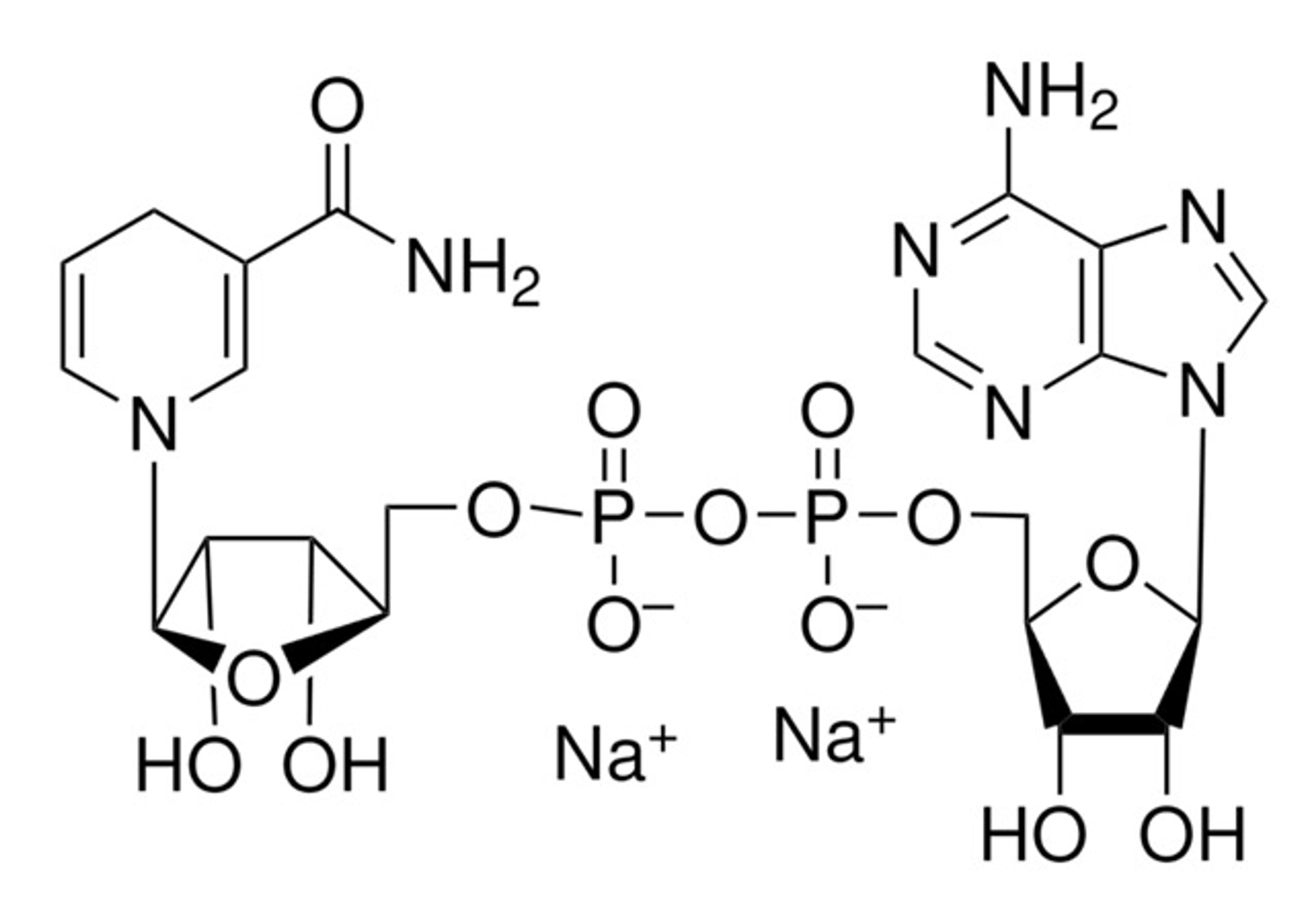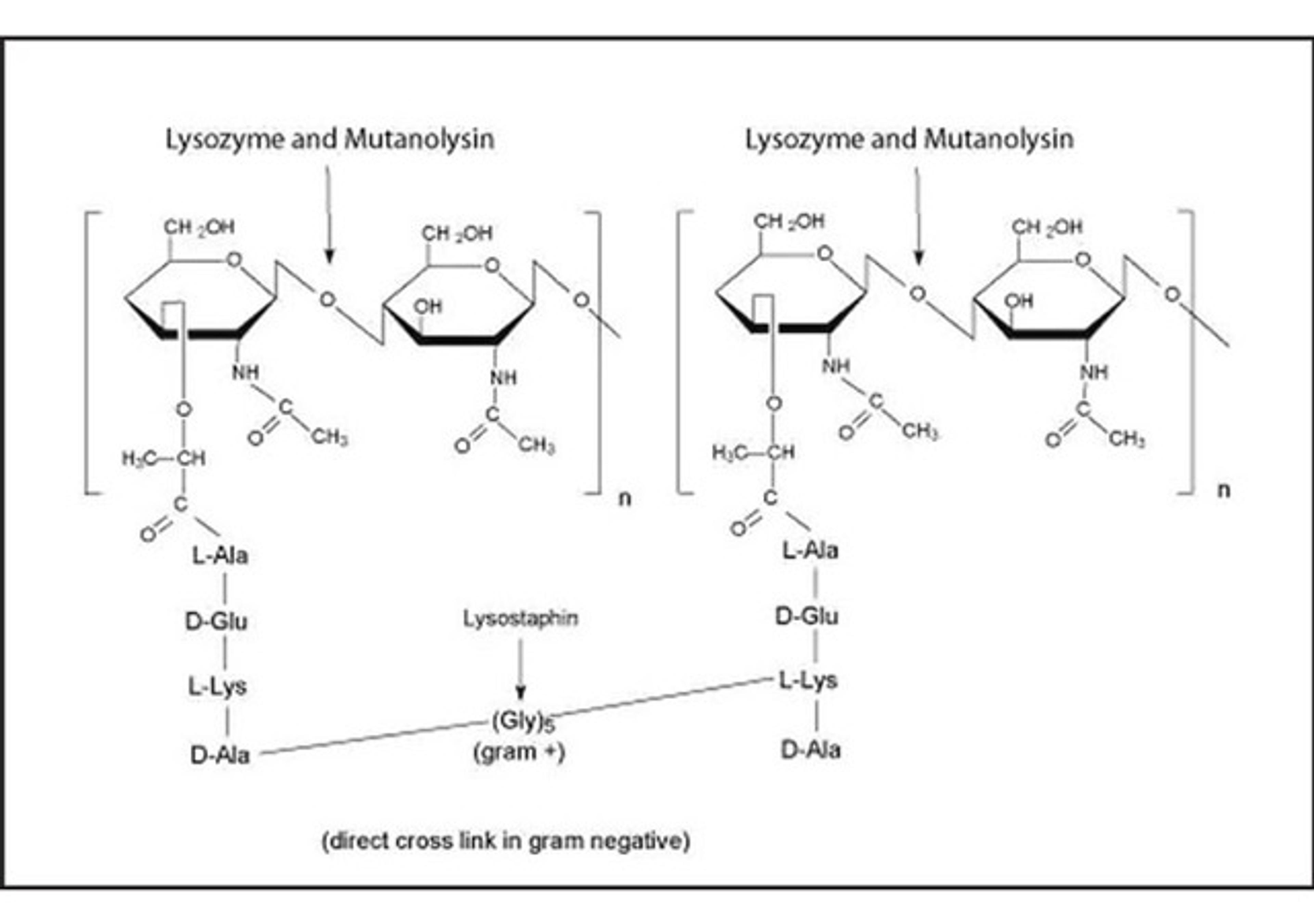Mouse Recombinant G-CSF
Granulocyte colony-stimulating factor

The supplier does not provide quotations for this product through SelectScience. You can search for similar products in our Product Directory.
Granulocyte colony-stimulating factor (G-CSF) is a member of the CSF family of glycoproteins that regulate hematopoietic cell proliferation, differentiation, and function. It is a key cytokine involved in the production of neutrophils and the stimulation of granulocyte colony formation from hematopoietic progenitor cells (Metcalf & Nicola). G-CSF causes a range of effects including a transient reduction of SDF-1 expression (Petit et al.), the activation of metalloproteases that cleave VCAM-1 (Levesque et al.), and the release of norepinephrine from the sympathetic nervous system (Katayama et al.), leading to the release or mobilization of hematopoietic stem cells from the bone marrow into the periphery. The G-CSF receptor is expressed on a variety of hematopoietic cells, including myeloid-committed progenitor cells, neutrophils, granulocytes, and monocytes. In addition to hematopoietic cells, G-CSF is also expressed in cardiomyocytes, neuronal cells, mesothelial cells, and endothelial cells. Mouse G-CSF was first purified from cultures of the WEHI-3B myelomonocytic leukemia cell line as the inducer of the terminal differentiation of WEHI-3B and other myeloid leukemia cell lines (Nicola et al.). It was later cloned in monkey COS cells from a cDNA library prepared with mRNA derived from mouse fibrosarcoma NFSA cells that produce G-CSF constitutively (Tsuchiya et al.). Binding of G-CSF to its receptor leads to activation of the JAK/STAT, MAPK, PI3K, and AKT signal transduction pathways.

